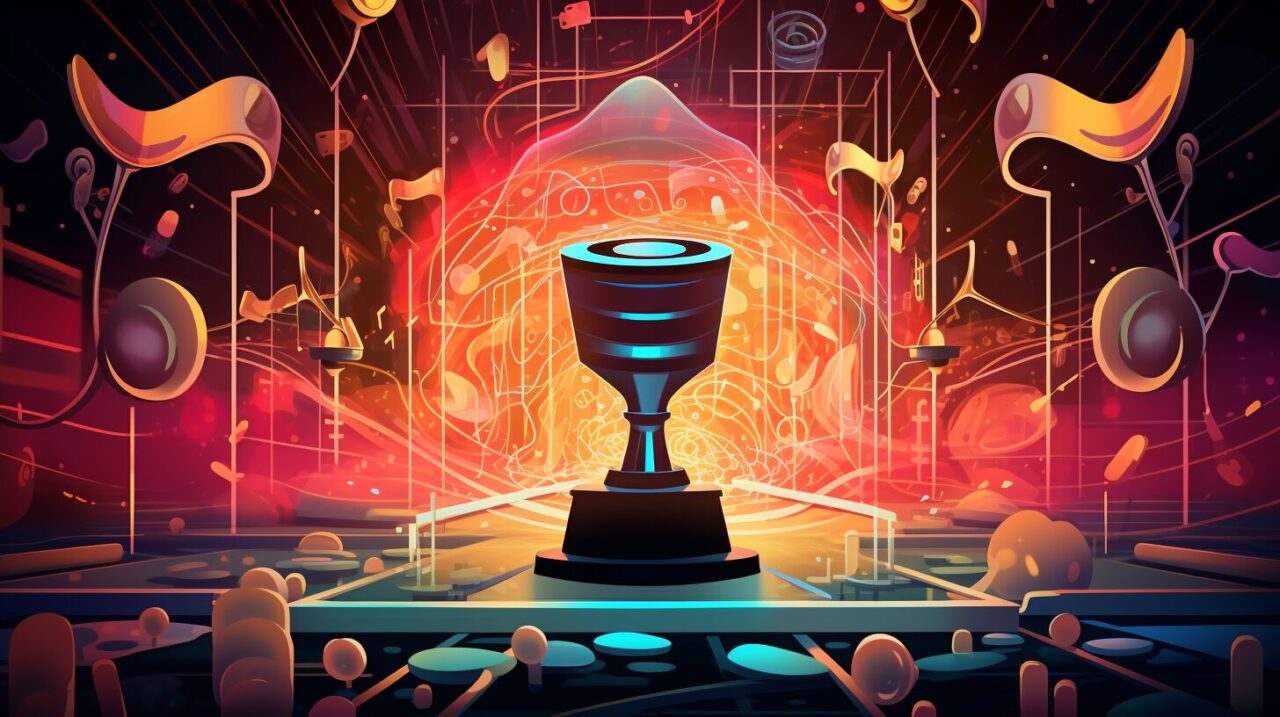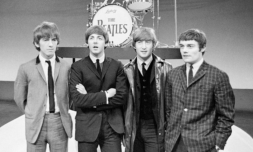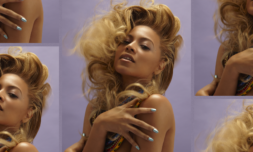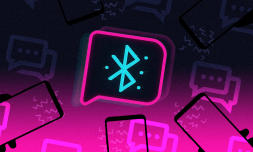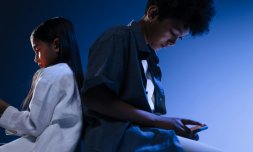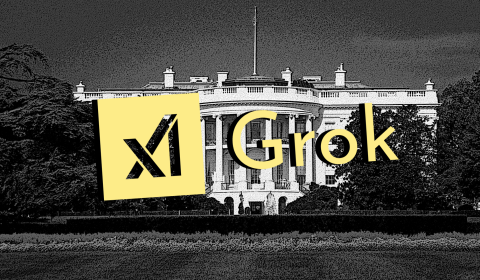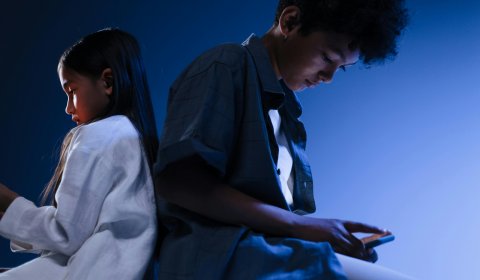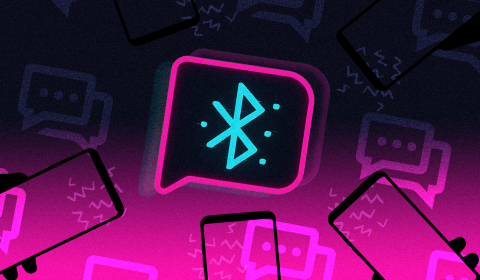To better reflect an evolving industry, artists using machine learning for their compositions now have the opportunity to win an award. However, as stressed by Harvey Mason Jr. – CEO of the Recording Academy – only the human creators who contributed to a song can be nominated.
Last month, the Recording Academy announced a series of changes to the Grammy Awards to better reflect an ever-evolving music industry.
Of those newly introduced guidelines, protocols involving technological advancements in machine learning made headlines.
‘AI, or music that contains AI-created elements is absolutely eligible for entry and for consideration for Grammy nomination,’ Harvey Mason Jr. told the Associated Press when the updated rules were announced.
It comes on the back of AI’s exponential rise in popularity with the advancement in and easier access to AI tools, including voice models. A prime example is the AI-generated Drake song featuring The Weeknd called Heart on My Sleeve, which recently went viral on TikTok and gained millions of views.
In short, artists using artificial intelligence for their compositions now have the opportunity to win an award.

However, as stressed by Mason this week – following discussions with the US copyright office – only the human creators who contributed to a song can be nominated and work containing no human authorship will not be eligible in any category.
This means that if the lead vocals of a record are performed through an AI programme, or a programme that allows for voice modelling, it will be ineligible in a performance category but eligible in a songwriting one because that’s where there is the most significant human contribution.
Conversely, if a song was sung by an actual human in the studio, and they did all the performing, but AI wrote the lyric or the track, the song would not be eligible in a composition or a songwriting category.









